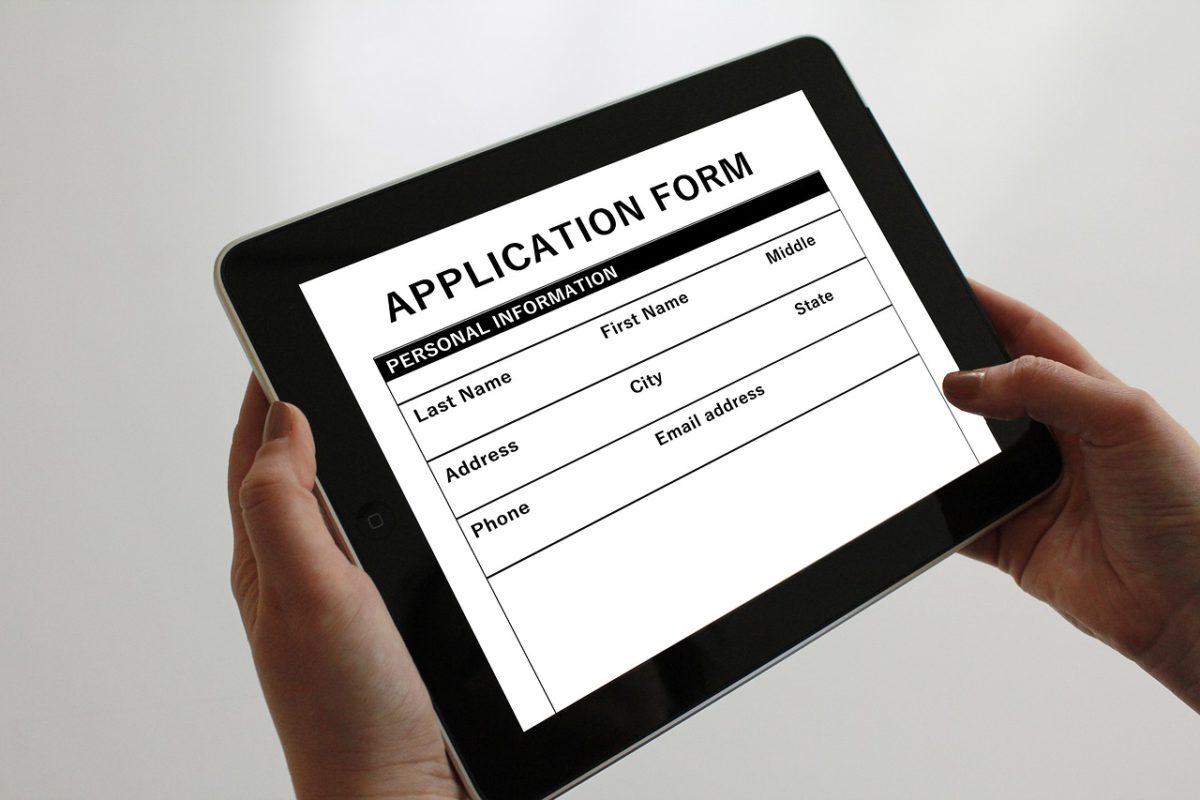
How To Receive Feedback On Your Job Application
- April 30, 2018
- Marketing Team
Nobody likes rejection, personal or professional. If the job application you sent off for your dream role has been turned down, it can really sting and may leave you feeling too disheartened to carry on with the job hunt.
There are, however, ways you can draw strength from the experience and turn it into a good thing for your long-term career prospects.
The most important thing you can do when you receive the rejection email is ASK FOR FEEDBACK.
Here are the best things you can do in the wake of a rejection, to help you cope when you’re disheartened and come back fighting the next time around.
Try to Maintain a Positive Attitude
It’s easier said than done, but try to keep your chin up! Remember, a job rejection is very seldom anything personal, and they happen to even the most qualified candidates.
Nine times out of ten it will simply be that there were too many candidates chasing the position and one of them had slightly more experience than you. Try to tell yourself a lot of it comes down to luck of the draw and who can tick their boxes on the day.
There will always be a next time, and something even better might be just around the corner.
Be quick off the mark
Hard as it might be, it’s best to ask for feedback as soon as possible after you receive your rejection. Get in touch to thank them for their time and ask what they thought of your application, or where they think your strengths and weaknesses lie.
The sooner you can ask for feedback the better – it gives them less chance to forget who you are and you’ll hopefully get in before other candidates also start asking for their views.
Ask specific questions
Having some specifics in mind will help you get the most from the feedback they send you. You could ask them to pinpoint the key weaknesses in your application, or ask what the successful candidate did to set themselves apart.
The more tailored your questions are, the more useful the answers will be. It’s a fine line though, and recruiters don’t have all day to provide in-depth feedback to the tens of questions you’ve fired at them. Pick a select few queries and don’t always expect an essay-length reply.
Remain polite
Staying polite is an absolute must however crushed you may feel, and being aggressive in demanding an explanation will not win you any friends. Remember, there’s always a chance you were second preference and, should their first choice fall through, you want them onside. They’re also more likely to provide honest and constructive criticism if you’re polite and thank them for their time. Being rude will probably just mean you receive a stony silence.
Don’t seem oversensitive
When the feedback comes, don’t seem oversensitive or react in a defensive manner. If you get emotional or apply the thumbscrews in your quest for an explanation, they’ll probably either ignore you or give you vague and impersonal responses.
If you truly want to learn what went wrong and how you could improve, then you want them to be direct and open when they expand on their feedback. The more detail they can give, the better your prospects, but behaving erratically will simply alienate them.
Listen to your inner critic
Sometimes a rejection will come completely out the blue, when you’d convinced yourself you were a shoo-in for the role. Other times, if you’re brutally honest with yourself, you know why your application failed.
It’s worth listening to your inner critic and knowing when and when not to bother with seeking feedback. If, deep down, you know why you were rejected then it saves a lot of heartache and a lot of time to just let it go and move on.
If you’re completely at a loss as to why you were turned down, then make that phone call or send that follow-up email.
Listen!
It sounds obvious, but if you’ve asked for the constructive criticism then listen to it! There’s no point asking for feedback and then rejecting it all out of hand. Instead, go over it with a fine-tooth comb and draw up a mental strategy for how you can improve on things next time.
You’ve already lost out on this job and no amount of soul-searching will change that, but digging deep into the feedback could mean you’re in luck next time.
Consider the long game
Sometimes people miss out on a job by the narrowest of margins – the successful candidate had done one more internship than you, or they just had a better day come the interviews.
If the feedback you get is generally positive, then don’t consider the door shut just yet. If you’re polite, grateful and remain friendly, there may be other similar roles coming up within the company.
If you’ve already gone most of the way in winning them over, then you’re probably in for a much better shot the next time they advertise. Never burn your bridges too soon. You could still be in with a chance!
There’s little we can say that will help, but lick some salt into those wounds and prepare to move on.
Most of the time the feedback you receive after a rejection proves to be invaluable further down the line, and once you’ve picked yourself up, you’ll see that there are still plenty of opportunities.
Just because you’ve missed out on this seemingly perfect chance doesn’t mean there aren’t equally incredible vacancies out there.
Learn from your mistakes and build on them. The sooner you can cheer yourself up and restart the job search the better.
By Lizzie Exton
To receive feedback on any job applications or get advice on your job search, please get in touch on 0207 269 6144. You can view roles on our job board or read careers advice on our blog.







